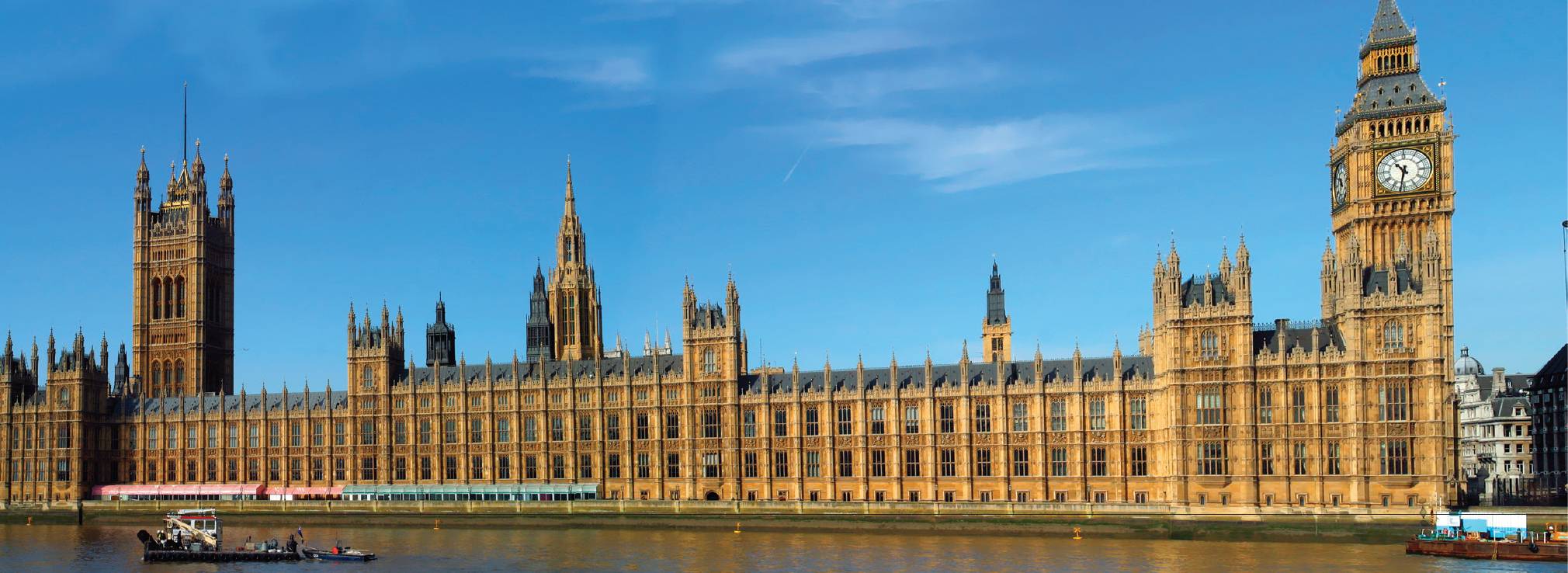Digest
Parliamentary Digest

COMMITTEE NEWS
In a report published in January, the Constitution Committee raises concerns that the Immigration Bill does not define what constitutes ‘a genuine obstacle’ to failed asylum-seekers leaving the UK - a condition which may prevent them receiving any support from the government.
The report, which informs the House ahead of the Immigration Bill’s committee stage in the Lords, points out that peers are being asked to legislate on a provision that will affect individuals in potentially desperate circumstances without a clear understanding of what the new rules will mean in practice.
The committee also expresses concerns about provisions in the bill which give the Home Secretary the power to overrule independent judicial decisions of the First-tier Immigration Tribunal on immigration bail conditions. The Home Secretary, for example, requires a bailed detainee to be subject to electronic tagging where this condition is not imposed by the tribunal. The committee questions whether a process that allows a minister to override - unilaterally - the decision of an independent judicial body is compatible with the rule of law.
Immigration Bill, House of Lords Select Committee on the Constitution: 7th report of session 2015-16 , HL Paper 75, available at: http://tinyurl.com/juacjpz
The Joint Committee on the Draft Investigatory Powers Bill took evidence, in January, from the Information Commissioner about his responsibilities and those of his oÿce should the draft bill become law. The second panel of the day explored the technical aspects of the bill and international comparisons. The final session saw the committee speak to the New Zealand equivalent of the role that would be created in the UK through the bill. At a subsequent meeting, Home Secretary Theresa May gave oral evidence to the joint committee. See also page 4 of this issue.
The Communities Local Government Committee is seeking written evidence on the following points as part of its inquiry into the causes of homelessness as well as the approaches taken by national and local government to prevent and tackle homelessness.
- Differing causes of homelessness for households, couples and single people.
- Steps to tackle homelessness.
- The relationship between homelessness and the availability of social housing.
- Measures taken by local authorities to deal with the homeless.
- The implications of the statutory duty of care, and possible extension to those in danger of homelessness, particularly single people.
- Different approaches to homelessness in big cities and in non-metropolitan areas.
- The re-establishment of the crossgovernment Ministerial Working Group on Preventing and Tackling Homelessness.
- How levels of homelessness are monitored and reported.
- The effectiveness of current legislative framework in England with a review of the different approaches taken in Scotland and Wales.
- Written evidence should be submitted by 8 February 2016.
For further details, visit: http://tinyurl.com/ndkkuut
The Education Committee took evidence from Anne Longfield OBE, the Children’s Commissioner for England, in a rearranged evidence session in January, which was part of the committee’s inquiry into child protection and wellbeing. The focus of the session was for the committee to look at the five commitments the commissioner made in her document Ambitious for children, as well as her work on child protection and wellbeing.
- Education Committee. Oral evidence: The Children’s Commissioner for England, HC 477, available at: http:/ tinyurl.com/zz6vq4u